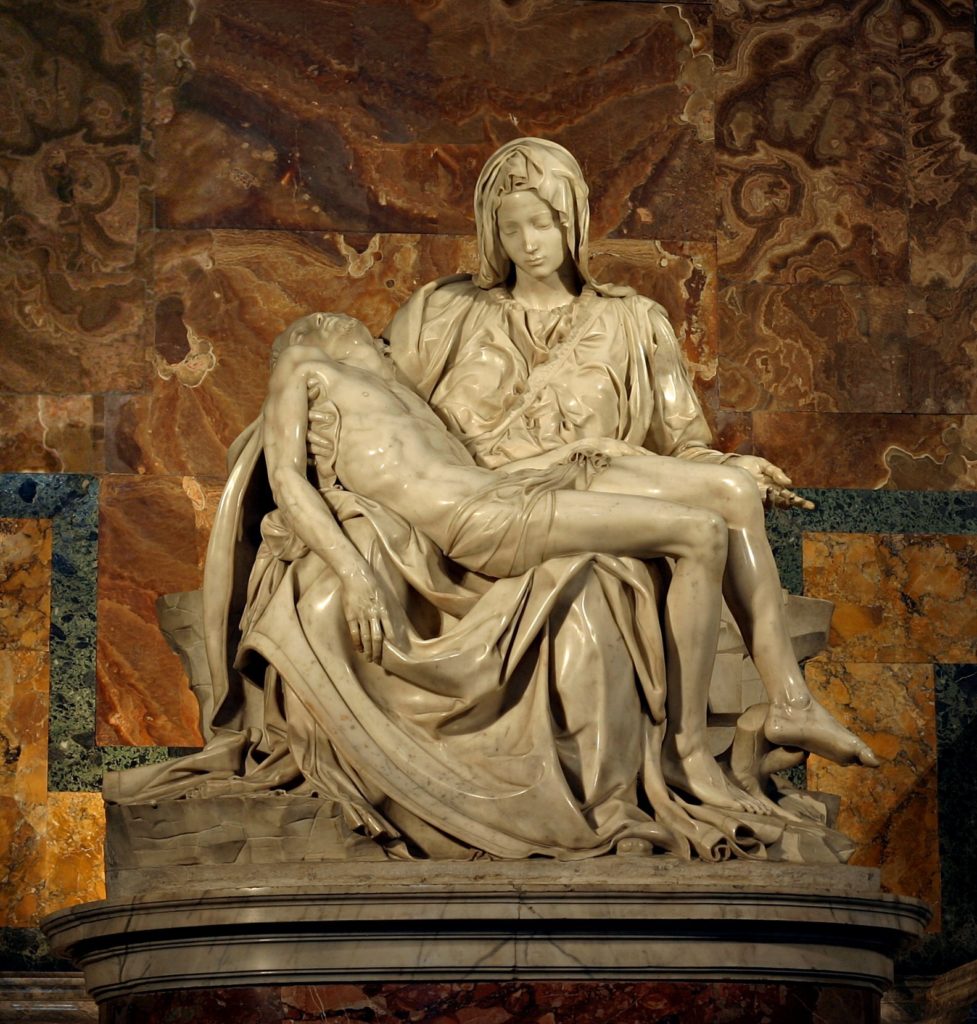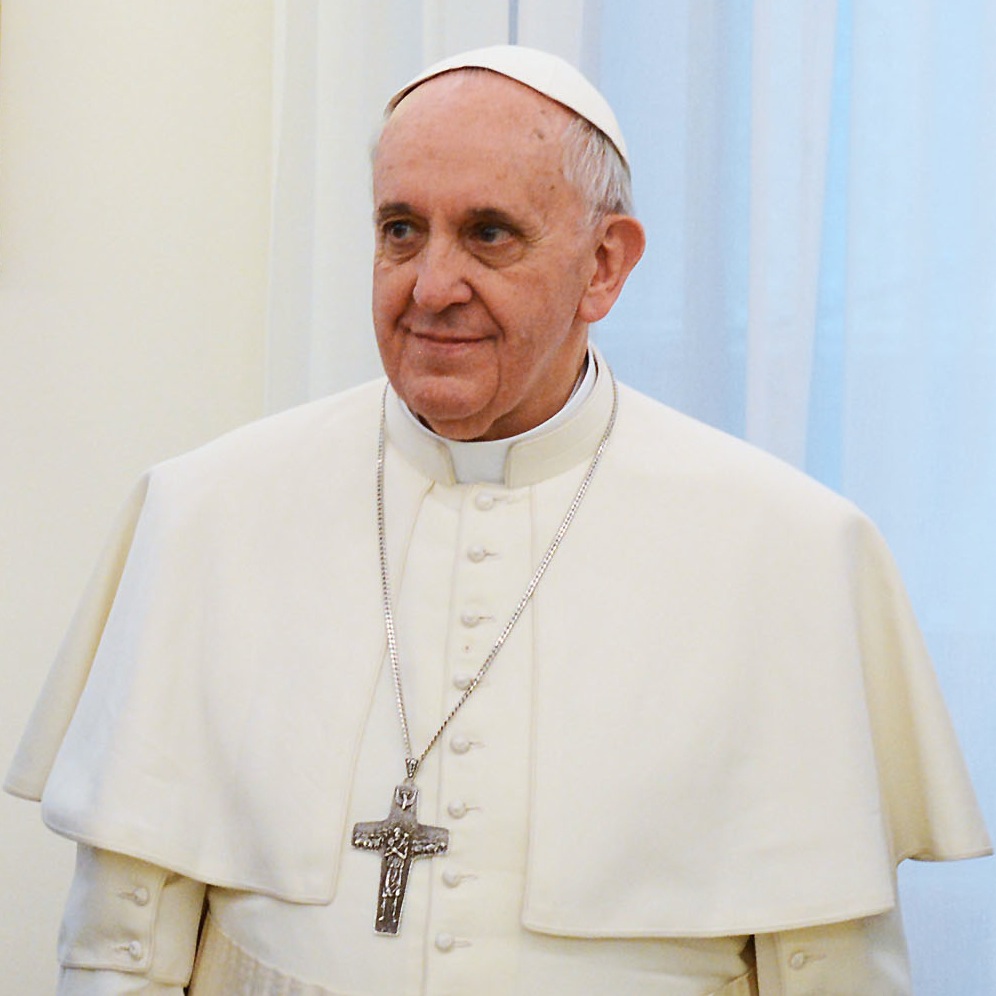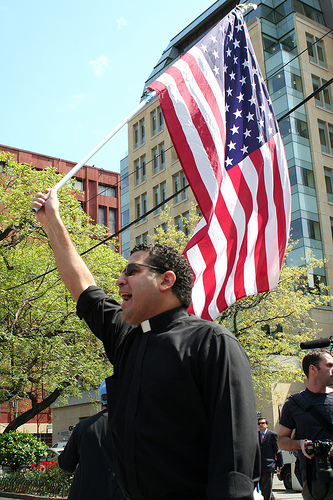Pope’s November Intention: Use the Language of Love
Pope Francis’ November intention is “In the Service of Peace: That the language of love and dialogue may always prevail over the language of conflict.” Here’s a snippet of Deacon Ted Penton’s reflection on the pope’s message (the full article is found on Zenit). Jesus didn’t allow Peter to defend him from an arrest by use […]
Pope’s November Intention: Use the Language of Love Read More »








